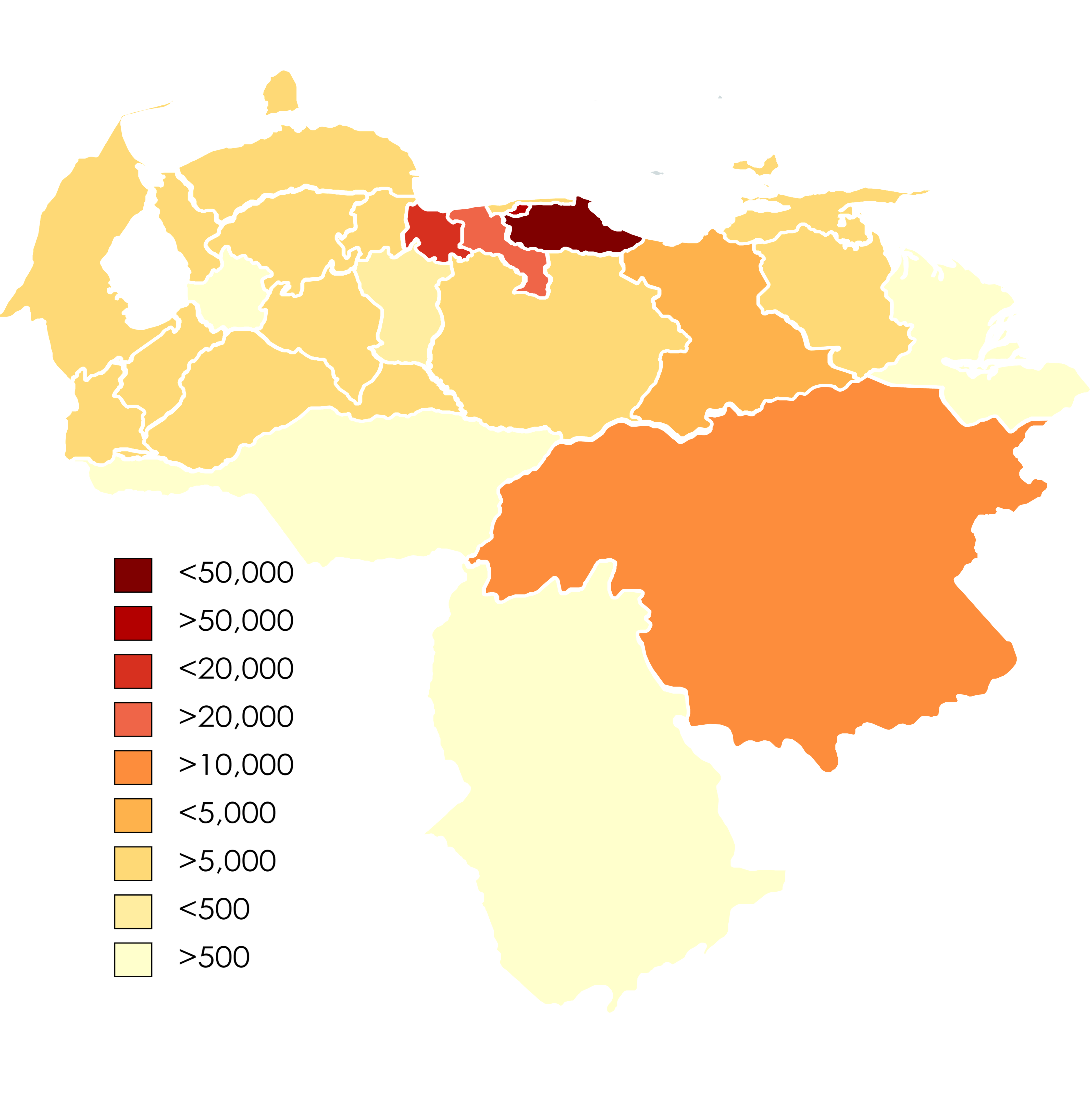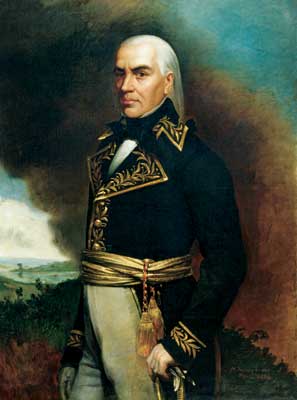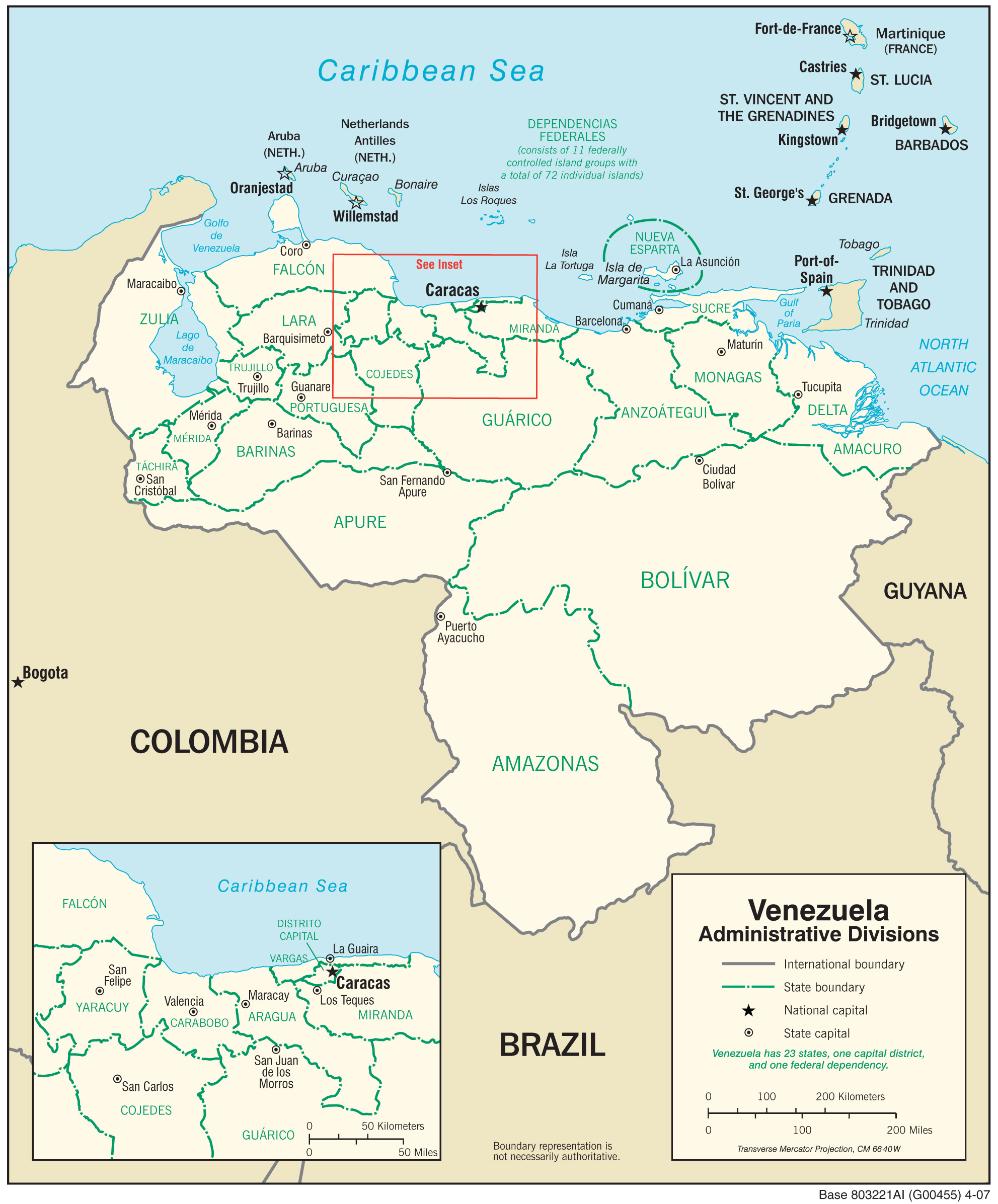|
Spaniards In Venezuela
Spaniards or Spanish people in Venezuela, are persons of fully Spanish or Iberian ancestry or those who have the Spanish Citizenship and are residing in Venezuela. Most of Spaniards in Venezuela are in Venezuela because of Spanish immigration to Venezuela, Spanish Civil War, Business, Related people and another circunstancies. However, the great wave of Spaniards occurred in the 19th century, the first time Spanish exiles arrived for political reasons after the Spanish Civil War, and the second was the largest since the late 1950s. The forties and throughout the fifties were driven by the severe economic difficulties Spain experienced in those years. The latest figures recorded by Spanish consulates show 207,692 registered Spaniards. But the true immigrant figure is estimated to be higher because many Spaniards have not renewed their documents or have lost their citizenship and have not yet decided to regain it. History During the 19th century, various immigration plans had be ... [...More Info...] [...Related Items...] OR: [Wikipedia] [Google] [Baidu] |
Galician Language
Galician ( , ), also known as Galego (), is a Iberian Romance languages, Western Ibero-Romance language. Around 2.4 million people have at least some degree of competence in the language, mainly in Galicia (Spain), Galicia, an Autonomous communities of Spain, autonomous community located in northwestern Spain, where it has official status along with Spanish language, Spanish. The language is also spoken in some border zones of the neighbouring Spanish regions of Asturias and Castile and León, as well as by Galician migrant communities in the rest of Spain; in Latin America, including Argentina and Uruguay; and in Puerto Rico, the United States, Switzerland and elsewhere in Europe. Modern Galician is classified as part of the West Iberian languages, West Iberian language group, a family of Romance languages. Galician evolved locally from Vulgar Latin and developed from what modern scholars have called Galician-Portuguese. The earliest document written integrally in the ... [...More Info...] [...Related Items...] OR: [Wikipedia] [Google] [Baidu] |
Second Spanish Republic
The Spanish Republic (), commonly known as the Second Spanish Republic (), was the form of democratic government in Spain from 1931 to 1939. The Republic was proclaimed on 14 April 1931 after the deposition of Alfonso XIII, King Alfonso XIII. It was dissolved on 1 April 1939 after surrendering in the Spanish Civil War to the Nationalist faction (Spanish Civil War), Nationalists led by General Francisco Franco. After the proclamation of the Republic, Provisional Government of the Second Spanish Republic, a provisional government was established until December 1931, at which time the Spanish Constitution of 1931, 1931 Constitution was approved. During the subsequent two years of constitutional government, known as the First Biennium, Reformist Biennium, Manuel Azaña's executive initiated numerous reforms. In 1932 religious orders were forbidden control of schools, while the government began a large-scale school-building project. A moderate agrarian reform was carried out. Home r ... [...More Info...] [...Related Items...] OR: [Wikipedia] [Google] [Baidu] |
Portuguese People
The Portuguese people ( – masculine – or ''Portuguesas'') are a Romance languages, Romance-speaking ethnic group and nation Ethnic groups in Europe, indigenous to Portugal, a country that occupies the west side of the Iberian Peninsula in Southern Europe, south-west Europe, who share Culture of Portugal, culture, ancestry and Portuguese language, language. The Portuguese state began with the founding of the County of Portugal in 868. Following the Battle of São Mamede (1128), Portugal gained international recognition as a Kingdom of Portugal, kingdom through the Treaty of Zamora and the papal bull Manifestis Probatum. This Portuguese state paved the way for the Portuguese people to unite as a nation. The Portuguese Portuguese maritime exploration, explored Hic sunt Dracones, distant lands previously unknown to Europeans—in the Americas, Africa, Asia and Oceania (southwest Pacific Ocean). In 1415, with the conquest of Ceuta, the Portuguese took a significant role in the ... [...More Info...] [...Related Items...] OR: [Wikipedia] [Google] [Baidu] |
Venezuelans
Venezuelans ( Spanish: ''venezolanos'') are the citizens identified with the country of Venezuela. This connection may be through citizenship, descent or cultural. For most Venezuelans, many or all of these connections exist and are the source of their Venezuelan citizenship or their bond to Venezuela. Venezuela is a diverse and multilingual country, home to a melting pot of people of distinct origins, as a result, many Venezuelans do not regard their nationality with ethnicity, but with citizenship or allegiance. Venezuela as Argentina and Brazil, received most immigrants, during 1820s to 1930s Venezuela received a major wave of 2.1 million European immigrants, being the third country in Latin America to have received Europeans, behind Argentina and Brazil. Historical and ethnic aspects Pre-Columbian period Writing was not used in pre-Columbian times, a historical stage where various groups began to move throughout the Americas, thus making it difficult to find evidence ... [...More Info...] [...Related Items...] OR: [Wikipedia] [Google] [Baidu] |
Danes
Danes (, ), or Danish people, are an ethnic group and nationality native to Denmark and a modern nation identified with the country of Denmark. This connection may be ancestral, legal, historical, or cultural. History Early history Denmark has been inhabited by various Germanic peoples since ancient times, including the Angles, Cimbri, Jutes, Herules, Teutones and others. A 2025 study in ''Nature'' found genetic evidence of an influx of central European population after about 500 ce into the region later ruled by the Danes. Viking Age The first mention of Danes within Denmark is on the Jelling Rune Stone, which mentions the conversion of the Danes to Christianity by Harald Bluetooth in the 10th century. Between and the early 980s, Bluetooth established a kingdom in the lands of the Danes, stretching from Jutland to Scania. Around the same time, he received a visit from a German missionary who, by surviving an ordeal by fire according to legend, convinced Harold t ... [...More Info...] [...Related Items...] OR: [Wikipedia] [Google] [Baidu] |
Swiss People
The Swiss people (, , , ) are the citizens of the multi-ethnic Swiss Confederation (Switzerland) regardless of ethno-cultural background or people of self-identified Swiss ancestry. The number of Swiss nationals has grown from 1.7 million in 1815 to 8.7 million in 2020. More than 1.5 million Swiss citizens hold multiple citizenship. About 11% of citizens live abroad (0.8 million, of whom 0.6 million hold multiple citizenship). About 60% of those living abroad reside in the European Union (0.46 million). The largest groups of Swiss descendants and nationals outside Europe are found in the United States, Brazil, and Canada. Although the modern state of Switzerland originated in 1848, the period of romantic nationalism, Switzerland is not a nation-state and the Swiss are not a single ethnic group. Rather, Switzerland is a confederacy (') or ' ("nation of will", "nation by choice", that is, a consociational state), a term coined in conscious contrast to "nation" in the conv ... [...More Info...] [...Related Items...] OR: [Wikipedia] [Google] [Baidu] |
Simón Bolívar
Simón José Antonio de la Santísima Trinidad Bolívar y Palacios (24July 178317December 1830) was a Venezuelan statesman and military officer who led what are currently the countries of Colombia, Venezuela, Ecuador, Peru, Panama, and Bolivia to independence from the Spanish Empire. He is known colloquially as ''El Libertador'', or the ''Liberator of America''. Simón Bolívar was born in Caracas in the Captaincy General of Venezuela into a wealthy family of American-born Spaniards (Criollo people, criollo) but lost both parents as a child. Bolívar was educated abroad and lived in Spain, as was common for men of upper-class families in his day. While living in Madrid from 1800 to 1802, he was introduced to Enlightenment philosophy and married María Teresa Rodríguez del Toro y Alaysa, who died in Venezuela from yellow fever in 1803. From 1803 to 1805, Bolívar embarked on a Grand Tour that ended in Rome, where he swore to end the Spanish America, Spanish rule in the Amer ... [...More Info...] [...Related Items...] OR: [Wikipedia] [Google] [Baidu] |
Carabobo
Carabobo State (, ) is one of the 23 states of Venezuela, located in the north of the country, about two hours by car from Caracas. The state capital city is Valencia, which is also the country's main industrial center. The state's area is and as of the 2011 census, had a population of 2,245,744. Carabobo State was the site of the Battle of Carabobo on 24 June 1821. This was a decisive win in the war of independence from Spain, and was led by Simón Bolívar. Toponymy There are several versions about the origin of the name Carabobo. One of them refers to a voice coming from a local Arawaco language: Karau means savannah and bo means water. The repeated bo acts as a superlative, i.e. a lot of water or streams. Thus, Carabobo would mean Savannah of Waters or Savannah of Ravines. History Prehistory First cultures When Europeans arrived to what would become Venezuela, one of the most important cultural centres was located around the Valencia Lake. The Native American ... [...More Info...] [...Related Items...] OR: [Wikipedia] [Google] [Baidu] |
States Of Venezuela
The Venezuela, Bolivarian Republic of Venezuela is a federation made up of twenty-three states ('), a Capital District (Venezuela), Capital District (') and the Federal Dependencies of Venezuela, Federal Dependencies ('), which consist of many List of islands of Venezuela, islands and islets in the Caribbean Sea. Venezuela claims the Guyana–Venezuela territorial dispute, disputed Essequibo territory as one of its states, which it calls Guayana Esequiba, but the territory is controlled by Guyana as part of six of its Regions of Guyana, regions. The states and territories of Venezuela are usually organized into Regions of Venezuela, regions (), although these regions are mostly geographical entities rather than administrative entities. Historical states Prior to the Federal War (1859–1863), the country was divided into provinces rather than states (see Provinces of Venezuela). The victorious forces were supposed to grant more autonomy to the individual states, but this w ... [...More Info...] [...Related Items...] OR: [Wikipedia] [Google] [Baidu] |
Great Depression
The Great Depression was a severe global economic downturn from 1929 to 1939. The period was characterized by high rates of unemployment and poverty, drastic reductions in industrial production and international trade, and widespread bank and business failures around the world. The economic contagion began in 1929 in the United States, the largest economy in the world, with the devastating Wall Street stock market crash of October 1929 often considered the beginning of the Depression. Among the countries with the most unemployed were the U.S., the United Kingdom, and Weimar Republic, Germany. The Depression was preceded by a period of industrial growth and social development known as the "Roaring Twenties". Much of the profit generated by the boom was invested in speculation, such as on the stock market, contributing to growing Wealth inequality in the United States, wealth inequality. Banks were subject to laissez-faire, minimal regulation, resulting in loose lending and wides ... [...More Info...] [...Related Items...] OR: [Wikipedia] [Google] [Baidu] |
Arturo Uslar Pietri
Arturo Uslar Pietri (16 May 1906 in Caracas – 26 February 2001) was a Venezuelan intellectual, historian, writer, television producer, and politician. Life Born on 16 May 1906 in Caracas, Venezuela, his parents were generalSantos Himiob (1997) in Las Nubes (chronological references), 1st Edition. Monte Ávila Editores Latinoamericana. Arturo Uslar Santamaría and Helena Pietri de Uslar. The last name Uslar is of German origin and can be traced back to Johann von Uslar, who fought for the rebel cause during Venezuela's independence wars. As a young boy and then teenager, Arturo lived in various cities in the comparatively urbanised central northern valleys of the country. He moved back to Caracas in 1924 to read political sciences at the Central University of Venezuela, where he graduated Doctor of Political Sciences in 1929. That same year he obtained a law degree. Uslar led a remarkably fruitful life, influential in Venezuelan politics, historical analysis and litera ... [...More Info...] [...Related Items...] OR: [Wikipedia] [Google] [Baidu] |
Miranda (state)
Miranda State (, ) is one of the 23 States of Venezuela, states of Venezuela and the second most populous after Zulia State. As of the 2011 census, it had a population of 2,675,165 residents. It also has the greatest Human Development Index in Venezuela, according to the Venezuelan National Institute of Statistics (Instituto Nacional de Estadistica, Caracas). The most recent population estimate was 3,194,390 in mid-2016. Miranda is an important center for political, economic, cultural and commercial activities. The state is administered by a governor, and is sub-divided into 21 municipalities, each under a mayor. Miranda State covers a total surface area of . History Pre-Columbian history When the Spanish arrived, the region was inhabited by various Caribbean tribes. Among them were the Caracas, the Teques, the Cumanagotos, the Mariches and the Quiriquires. The Teques inhabited the southwestern part of Guaire. The Mariches inhabited the eastern part of the Caracas Valley. They ... [...More Info...] [...Related Items...] OR: [Wikipedia] [Google] [Baidu] |








